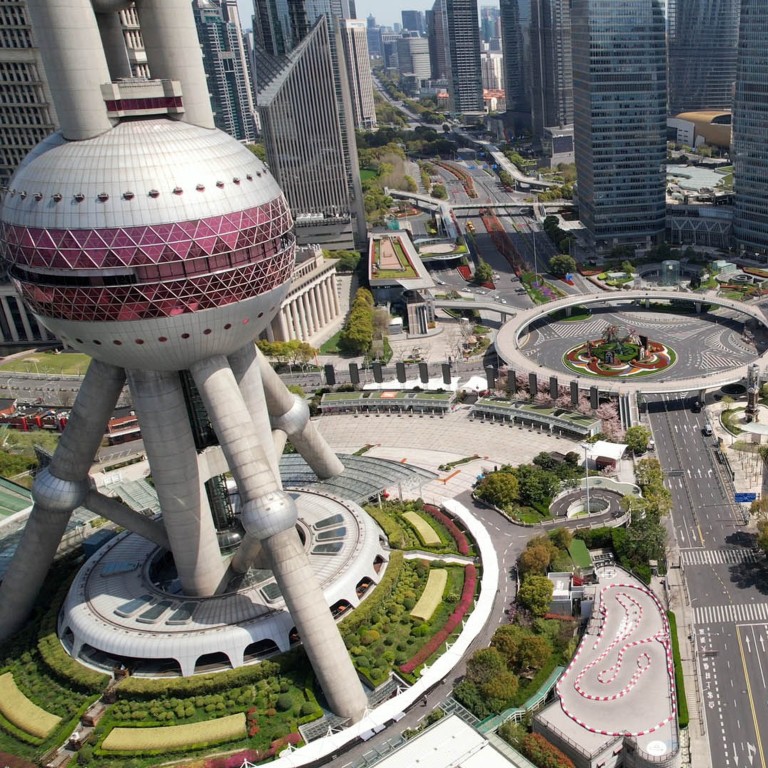
Chinese cities aim high on 2023 GDP, but hitting loftier targets seen depending on actual policies
- Some of China’s major economic engines expect their economic growth rates to return to pre-pandemic levels after country left its disruptive zero-Covid policy in 2022
- China is expected to confirm its 2022 GDP growth next week, along with other key economic data including retail sales
Chinese cities are setting higher economic growth targets for this year, compared with the actual growth seen last year, as China’s central bank has vowed supportive financial policies to aid economic recovery.
Several cities with gross domestic products (GDPs) of more than 1 trillion yuan (US$148 billion) last year, including Zhengzhou, Changsha and Guangzhou, have revealed 2023 growth targets ranging between 5.5 and 7 per cent.
Guangzhou, the capital of Guangdong province in southern China, released a 2023 GDP growth target of 6 per cent, anticipating a strong rebound after its growth during the first three quarters of 2022 was just 2.3 per cent, according to local media.
China GDP to top US, but not until around 2035, Goldman Sachs economists say
Zhengzhou, the provincial capital of Henan in central China, set its growth target at 7 per cent for 2023 after its actual economic growth was around 2 per cent last year, according to the statistics released by the local government.
Lhasa, the capital of the Tibet autonomous region, put its GDP growth target at 10 per cent for 2023, according to local media. This ranks as the highest among the announced targets so far, and it is mainly due to the relatively small size of the city’s economy.
Some economic powerhouses such as Beijing and Shanghai still have not released their GDP growth targets for 2023, but a number of their districts have.
In Shanghai, the Pudong New Area set its target at 7 per cent, while Dongcheng district in Beijing is aiming for around 5 per cent growth this year.
But Zhang Zhiwei, chief economist at Pinpoint Asset Management, noted that many cities in China continue to face severe economic pressure due to weak consumption and the lingering effects and costs of zero-Covid restrictions that were lifted last month.
“To a large extent, [the realisation of the cities’ GDP growth targets] depends on what policies the central government will adopt this year,” he said.
In March, during China’s annual “two sessions” parliamentary meetings, the central government is expected to set out its economic targets for 2023, including its national GDP target.
“I’d expect the national target to be above 5 per cent,” Zhang added. “But what matters more for investors is the policies, not the target.”
China is expected to confirm its 2022 GDP growth next week, along with other key economic data including retail sales.
“The key to economic recovery and quality development is to convert the current gross income into consumption and investment. The financial services have much to offer,” People’s Bank of China party secretary Guo Shuqing said in an interview with People’s Daily published on Sunday.
He vowed to improve the incomes of low- and middle-income groups, as well as those largely affected by the coronavirus pandemic, to boost consumption via supportive financial policies.
The monetary policy will be more favourable to the private sector, to ensure credit growth and to reduce firms’ financing costs, he added.
“With the optimisation of the country’s anti-Covid policy and the continuous effect of economic policies, national economic growth will get back on the normal track relatively soon,” Guo said.

